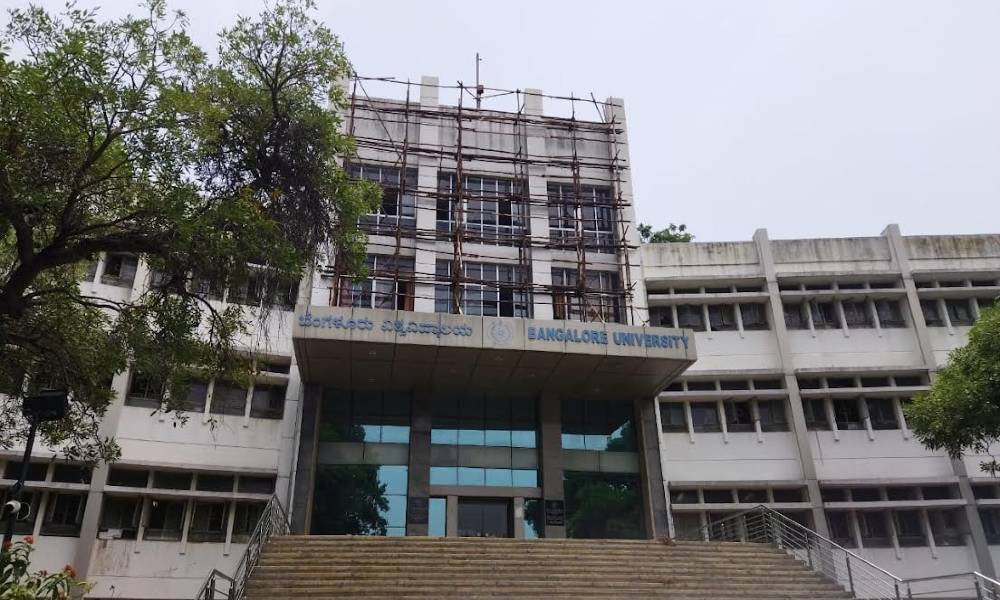Bangalore University (BU) recently launched their electronic office (e-office) system for electronic documentation of administration and filing work.
With fans moving at a snail’s pace, the workers in the finance department of BU quickly work with bundles of files and papers. “For now, we are not yet trained for electronic work. We work with papers and files,” a finance department official said on anonymity.
M Kotresh, Professor and registrar of the university said that they have not yet fully started e-documenting. “It is a slow process. Soon, we will start the work with two or three departments, namely, finance and receipt and dispatch (R&D),” he said.
“Our aim is to digitize the entire administrative work in a year. Files only in softcopy will be accepted. Other than administrative work, even students who are applying for different courses will have to submit softcopy documents,” Kotresh added.
The problems
A report highlighted that BU’s software and network systems are vulnerable to cyber crimes and thefts. Platforms where the documents, numbering in thousands, are stored can be hacked.
“We will assign officials who will look after the work to secure the servers. They will have exclusive identity cards and credentials which will not be shared with anyone,” Kotresh said.
Abdeali Bhagat, a web designer and security specialist said that the credentials of the officials are not enough to protect the documents. “Secure Sockets Layer certificates (SSL) on websites are one of the key factors that show the security of the website. Important documents on websites can be accessed and sold if websites are secured only through user credentials. There are special digitized and cyber keys that can be used for this,” he said.
“For now, we are just starting. We have been successful in implementing Seva Sindhu, the Unified University and College Management System (UUCMS), and other service portals for staff and students. We have considered all the risks involved in the setup,” Kotresh explained.
Data on ‘Crime in India’ for 2020, released by the National Crime Records Bureau (NCRB), showed that out of the 18,657 cybercrime cases registered in cities across India, Bengaluru accounted for nearly 47 per cent (8,892). Among the metropolitan cities, Bengaluru was second, only behind Delhi.




